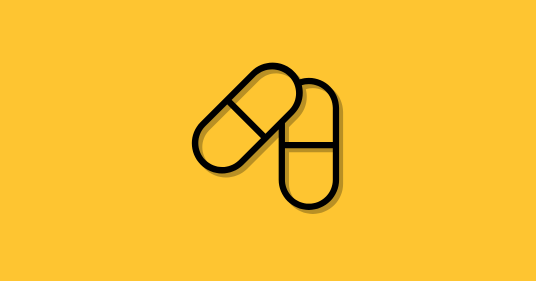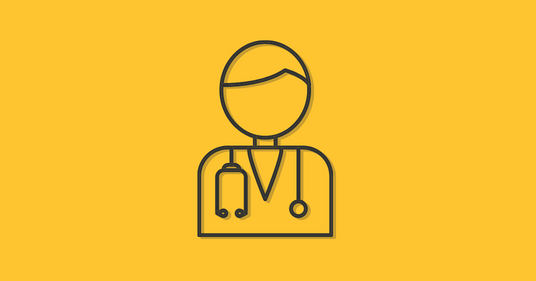Medical
Cyberattack consequences for the medical and pharmaceutical industries
Medical facilities and pharmaceutical companies are among the most frequently targeted by hackers. Cybercriminals usually aim to obtain valuable patient data, but sometimes their actions are motivated not by financial gain, but simply a desire to cause chaos. In any case, the attacked facility faces difficult times. What are the consequences of a cyberattack for medical and pharmaceutical industries? What challenges do healthcare entities face after a ransomware attack? Check out our article.
Paralysis of the facility as a result of cyberthreat
An effective cyberattack can quickly lead to the paralysis of an entire facility. This primarily refers to a ransomware attack. It most commonly involves blocking or encrypting company data, as a result of which all documentation - medical, personnel, or accounting - becomes inaccessible. When IT systems, basics for the entire organization's functioning, stop working, it becomes impossible to carry out any continuity.
An attacked medical facility does not have access to patients' records, and therefore to medical histories or test results. It cannot provide ongoing treatment. The paralysis of the computer system forces the cancellation of operations and control tests, the referral of some patients to other facilities, and the refusal to accept new patients. On the other hand, a pharmaceutical facility deprived of efficiently operating IT systems struggles with the need to suspend all work on drugs or vaccines. Such an attack also affects the entire supply chain, from the product storage stage to sales and distribution.
Cyberattack and exposure of human life
Both, the medical and pharmaceutical industries, are closely related to human life and health. Therefore, a cyberattack can seriously endanger someone's life. Sometimes, this is an unintended side effect of cybercriminals - they simply want to obtain valuable data or ransom money. However, sometimes causing chaos and in effect causing patients to lose their health is the only goal of the hacker.
Examples are not hard to find. The cyberattack on the University Hospital in Düsseldorf in 2020 ended with tragedy. Hackers cut off access to the hospital's IT systems, making it necessary to send patients to other places. One woman died during transport. Also in 2020, pharmaceutical companies from several countries working on COVID-19 vaccines experienced massive attacks by hackers associated with Russia and North Korea. Criminals were not after money, but after disrupting social life.,
That's not all. It is also possible to manipulate hacked medical data with serious consequences, such as changing information about treatment in patients' records or interfering with the formulation of a drug being developed by a pharmaceutical company.
Medical patient data leak
Medical data is up to 10 times more valuable to hackers than credit card data. Why? If information about credit cards or bank account access leaks, the direct victim can immediately change them - and then they cease to be valuable to criminals because they cannot be used. However, medical data cannot be changed even if it falls into the hands of unauthorized persons.
Medical facilities manage information about a huge number of patients, their diagnoses, treatments, and test results. If such data is leaked, it can have serious consequences for patients' privacy, and even their lives.
If you'd like to know more about cybersecurity challenges in medical facilities or what pharmaceutical industry faces in the cybersecurity field, we invite you to read our blog and follow us on Facebook or LinkedIn. You are also welcome to see how your facility is protected by just conducting a quick and easy free cybersecurity audit.





.png)
